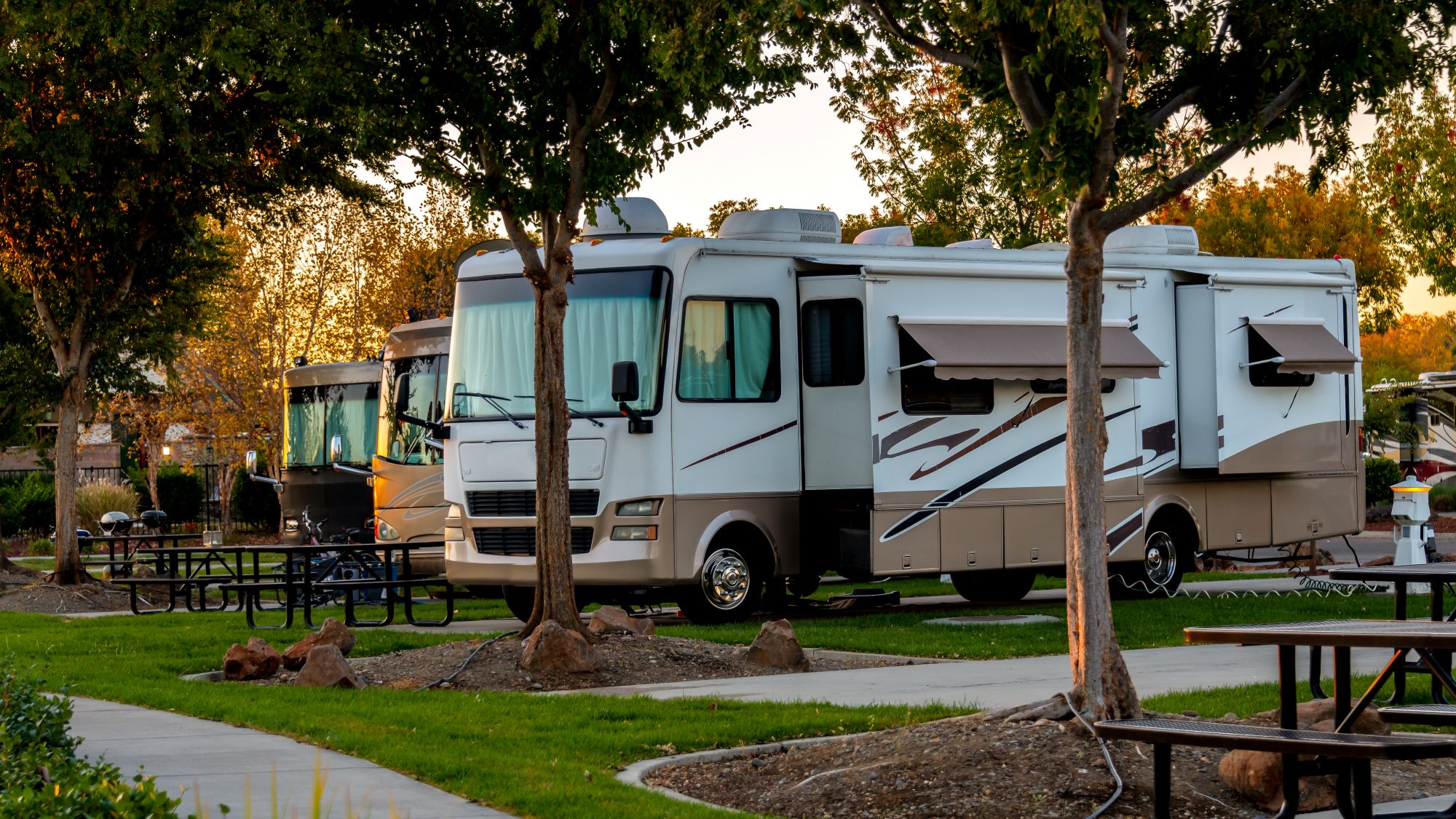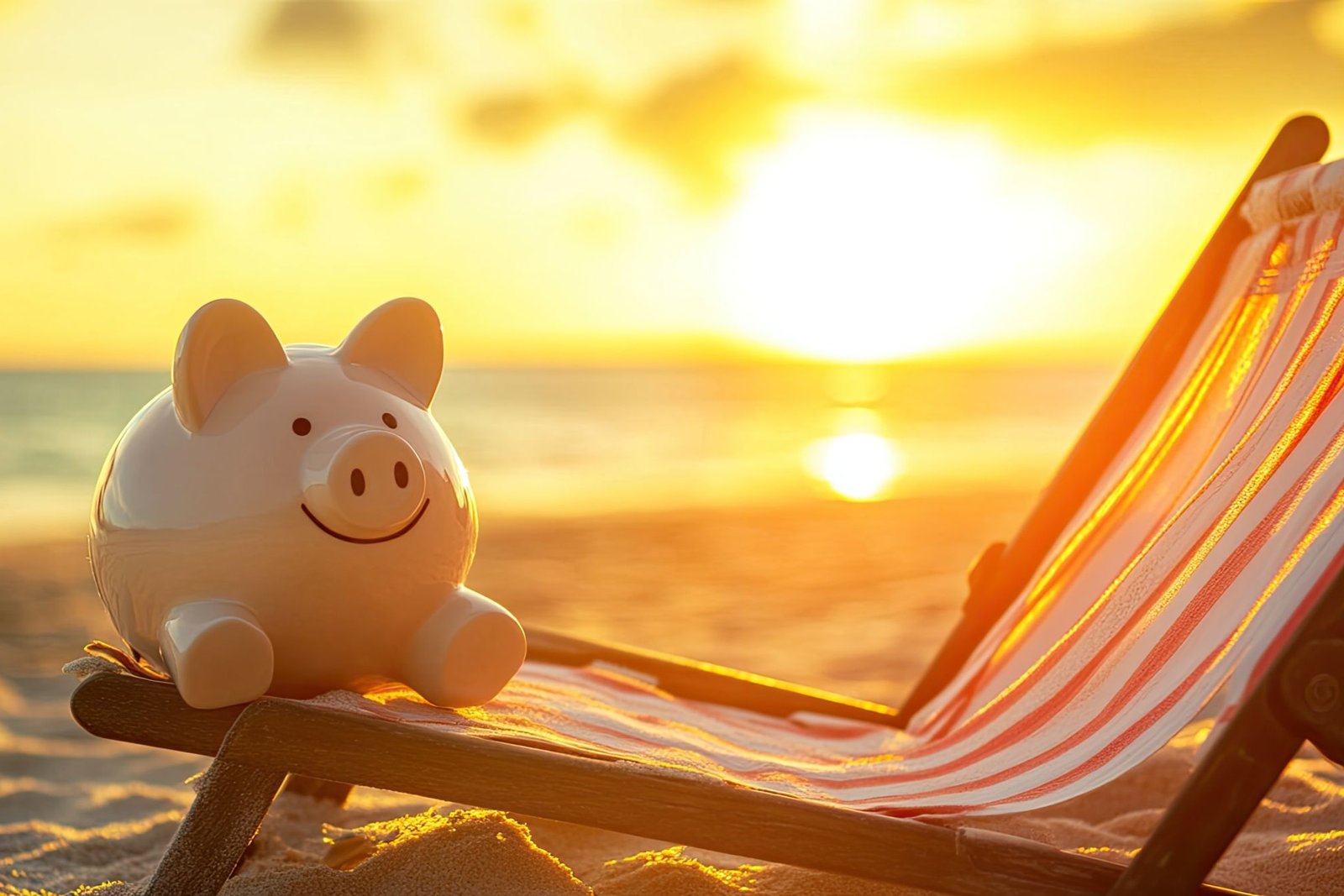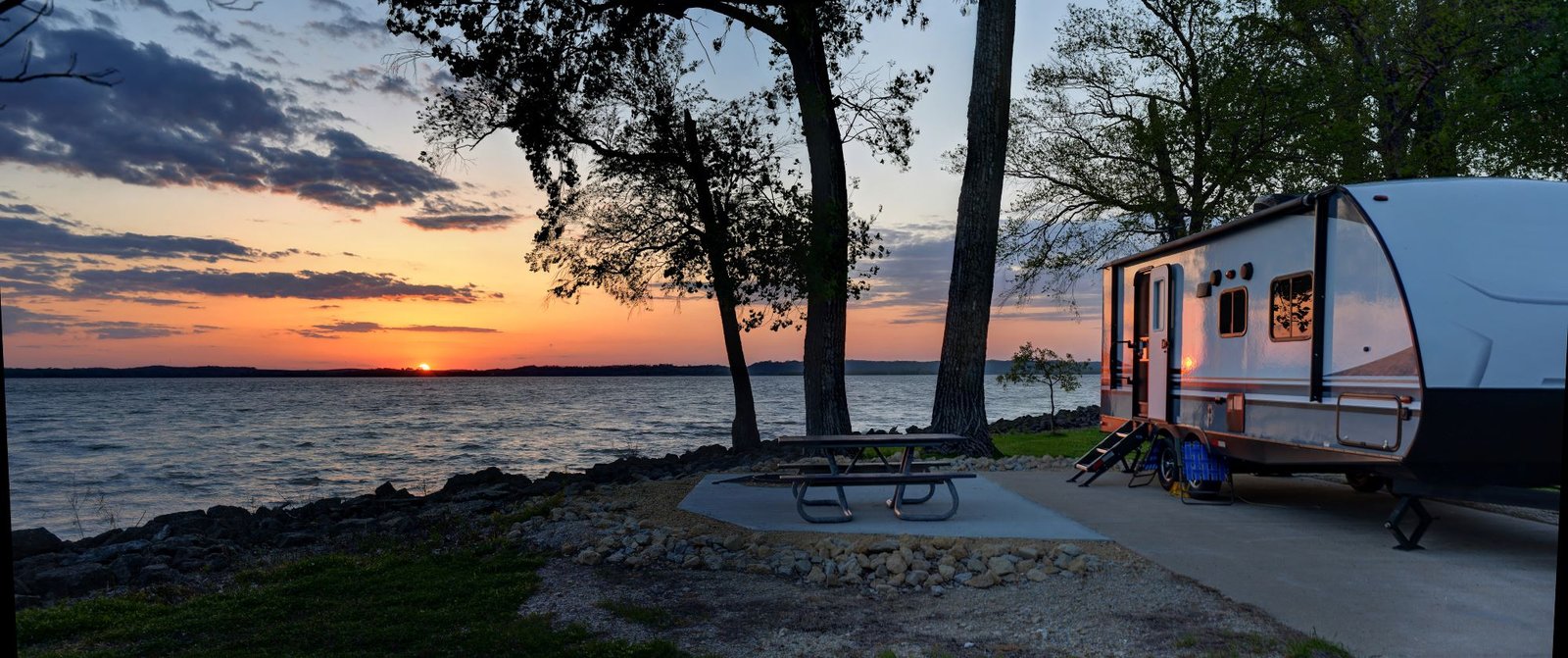
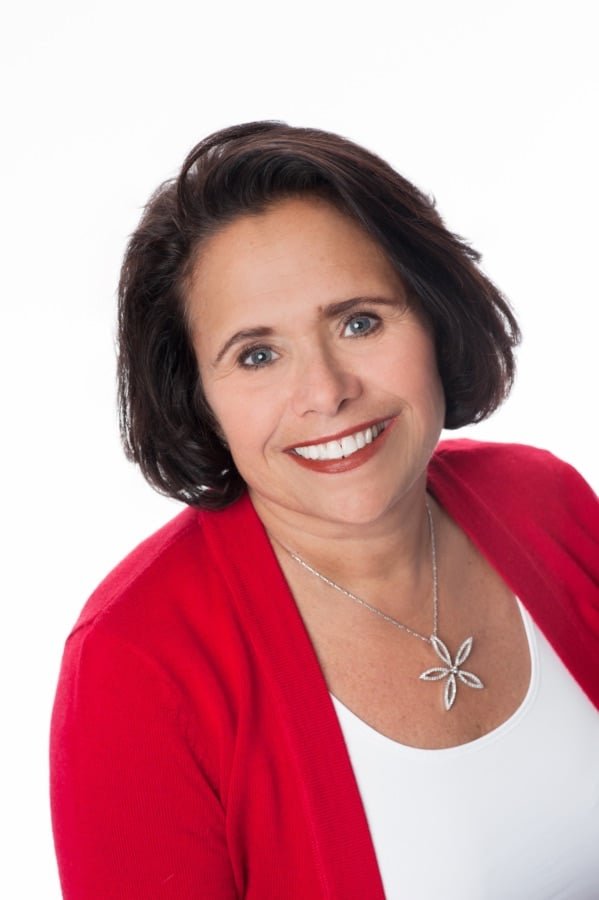
By Jayne Cohen, President, Campground Consulting Group LLC
RV park development is not for the faint of heart. Buying an established RV park or campground is an alternative route into the campground business, but it’s not exactly a walk in the park either. Over the past few years, RV park ownership has emerged as a real estate investment asset class, attracting developers, investors, and entrepreneurs nationwide. As other forms of real estate investments, like shopping centers or office buildings, deliver less desirable ROI, RV park acquisition and development have flourished. But the real question is, is now the right time to buy or build an RV park? Or is RV park development just a pipe dream in today’s market?
The Great Debate: Acquisition vs. Development
Many of us have bought an old home at some point. Acquiring versus developing a campground is much like buying an old house and deciding whether to fix it up or tear it down and start fresh. The choice isn’t easy, and surprises are inevitable—because you don’t know what you don’t know! The clear advantage of buying an existing campground is having a built-in guest base and immediate cash flow. You’re off and running from day one, but that doesn’t mean you won’t have your share of “surprises” waiting for you.
A Look Back: The Evolution of Campgrounds
Campgrounds date back to the early 1900s when large landowners, strapped for cash, discovered they could charge folks to camp on their property. These early pioneers, who would now be known as “Harvest Hosts,” were ahead of their time. Initially, campsites were nothing more than clearings made by chopping down a few trees or opening a field. As demand grew, so did the campgrounds, often with little planning or forethought—sites of all shapes and sizes squeezed in wherever they could fit.
Fast forward a few decades, and campgrounds began to offer basic amenities like water and electricity at most sites, with sewer not as common because of the costs to build. In those days, some creative solutions involved burying 55-gallon drums to catch solids while letting gray water spill onto the ground. Yes, these “homegrown” campgrounds were mostly unplanned, but they evolved into what we know today as campgrounds.
The Challenges of Development: Planned or Unplanned?
Most campgrounds in the U.S. weren’t built with careful planning. Many of these properties have stayed in families for generations, with owners working tirelessly during peak seasons and reinvesting during the off-season. Often, improvements were funded from cash flow, with no big bank loans to back them. Growth was slow, steady, and a bit messy.
The campground industry remained mostly a mom-and-pop operation until the early 2000s when multi-park owners, REITs, and investors started eyeing these properties. Building a campground from scratch was virtually unheard of until around 2015 when it suddenly became fashionable. And so, the “modern RV park” was born—a well-planned, designed property with uniform sites, 50/30/20 amp services, amenities, facilities and, of course, Wi-Fi.
Lessons Learned: Investors Beware!
The industry proved its resilience through the 2008 economic crash, gas shortages and price increases, and even bank failures, earning a reputation as “recession-resistant.” Investors noticed, believing they could standardize and syndicate these operations. They saw opportunities to modernize sites and add value with modern finishes and services. But here’s the catch—operating a campground is hard work! Investors quickly discovered they weren’t just in real estate anymore; they were in the hospitality business. Success hinges on guest satisfaction—a far cry from the “buy-and-flip” or “passive” model some investors were used to. And thus, the era of RV park management companies began, but that’s a story for another day.
The Realities of Building from Scratch
Building a campground isn’t just difficult; it’s a marathon of details, decisions, and dollars. Construction costs have increased significantly over the last 5 years. Hundreds of thousands of dollars can be spent before a single guest sets foot on your property. If you skimp on the upfront work—like design and planning—you risk going broke before you even open your gates. And don’t buy into the myth of “if you build it, they will come.” Feasibility studies often claim high occupancy rates that are rarely achieved. If your campground is booked every Friday and Saturday throughout the year, your annualized occupancy is still only about 28%. The reality is that building occupancy takes time, especially if your location is off the beaten path.
Marketing: Your Secret Weapon to Success
While under construction, you need to be actively marketing and booking reservations—even if you’re not 100% sure you’ll open on time. A killer marketing campaign is essential well ahead of opening to ensure reservations are on the books. Digital and social media are your primary channels for getting the word out, especially for new parks without the benefit of repeat customers. Expect a negative cash flow for 1-3 years unless you’re lucky enough to be right outside the gates of Yosemite or Disney.
2024: A Slow Year or a Market Correction?
As we end 2024 and head into 2025, campground owners are reporting a slow year for most. Older, stabilized properties that have enjoyed high occupancies are feeling the pinch, while newer inventory seems to be favored by the modern RVer. Some parks are down in site nights but up in revenue, thanks to higher Average Daily Rates (ADR). Still, occupancy remains the key metric to watch. Destination campgrounds in destination areas are faring better as absorption of their Full Hook-Up RV sites and cabins remain strong.
The Takeaway: It’s Tough but Rewarding
Understanding your guests and what attracts and satisfies them is key to long-term success. The campground industry is holding its own amid economic headwinds, high grocery bills, and tighter household budgets. Investors are still investing, and buyers are still buying—albeit more cautiously. Sellers are becoming more reasonable, and investors are taking their time, doing their homework, and waiting for the financial markets to shift.
These insights are the opinion of Jayne Cohen, a campground owner and operator for nearly 40 years and a campground consultant since 2011. Through her firms, Campground Consulting Group and the newly launched Glamping Consulting Group, Jayne works with campground, glamping, and RV park owners, operators, and developers in all aspects of outdoor hospitality. Visit with her and the Campground Consulting Group team at the upcoming Glamping Show Americas in Aurora, CO on October 1 & 2 or the OHI expo in Oklahoma City from November 4-6. Jayne is a key guest speaker at the Camp Jellystone Symposium in Knoxville, TN on November 11-13, 2024. For a complimentary hour of consultation, visit www.campgroundconsultinggroup.com or call 1-800-897-8836.
______________________________________________
About Campground Consulting Group, LLC
Campground Consulting Group, LLC (CCG) specializes in delivering comprehensive consulting services tailored to the RV park, campground, and outdoor hospitality industries. With decades of hands-on experience, CCG’s team of seasoned professionals provides expert guidance to owners, investors, and developers across every stage of their projects—from initial planning and development to operations and marketing. CCG offers a full spectrum of services, including feasibility studies, investment advisory, site design, development management, operational audits, and strategic marketing. By leveraging in-depth market knowledge, proven methodologies, and an extensive network of industry contacts, CCG is committed to helping clients maximize profitability, efficiency, and guest satisfaction while navigating the unique challenges of the outdoor hospitality sector.
